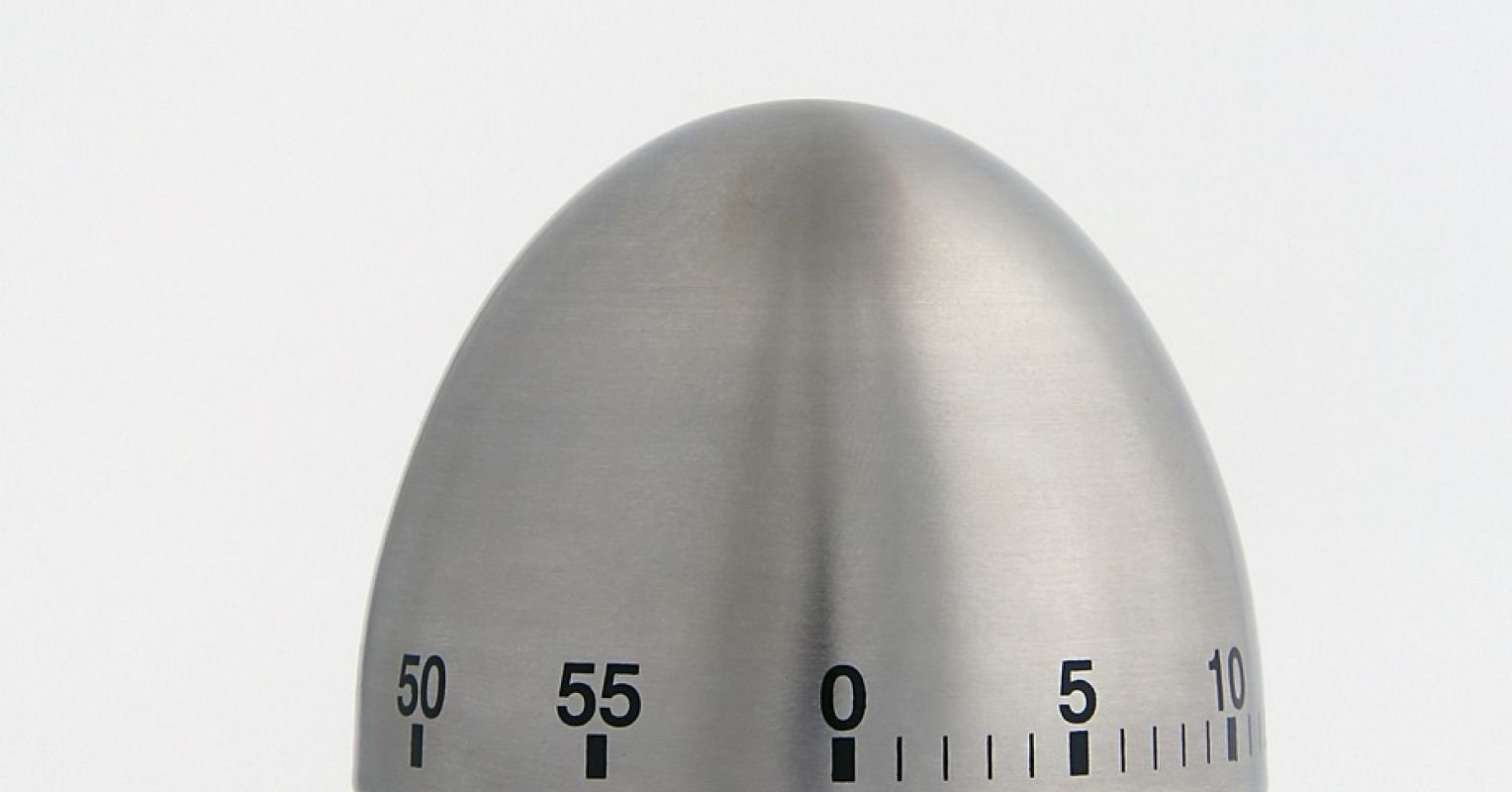Even just five minutes of meditation can have a positive effect.
The benefits of a regular meditation practice are well known. Meditation offers a wide range of benefits, from improved attention and mood to reduced loneliness and stress. For these reasons, I encourage my students to Positive Psychology This is a daily meditation class throughout the semester.
Unfortunately, many people struggle to maintain a regular meditation habit. Here are some tips to help you develop a consistent habit. It may help to create a routine that associates meditation with an environmental cue. For example, try meditating the moment you open the door after work or the first time you sit down when you arrive at the office.
However, a big obstacle to regular practice is finding the time. When we first establish a habit, we tend to push ourselves too hard. For example, let’s say we plan to meditate for 30 minutes every day. Doing so has many benefits, but it’s very difficult for beginners to continue. Not only is meditation difficult at first, but other distractions and life priorities often interfere with the time we set aside for meditation.
With this challenge in mind, I keep my students’ meditation assignments extremely short. I only ask them to meditate for five minutes each day. While it may be very difficult to squeeze 30 minutes of meditation into an already busy life, I would argue that anyone can find five minutes to meditate and do something as beneficial as this.
My students seem to agree that this method is effective: They report that they have kept up with the habit, benefited from it, and plan to continue after the semester is over.
Beyond these anecdotal reports, however, it’s important to look at formal research on the potential impact of brief meditation sessions. In fact, only a few studies have looked at meditation sessions as short as five minutes. But the research that does exist suggests powerful effects. For example, palliative care patients saw improvements in perceived pain and physiological markers of distress after just five minutes of mindful breathing. Similarly, a study of teenagers with ADHD found that five minutes of daily meditation over four weeks reduced symptoms and improved sleep.
When we broaden our research to include studies of 10-minute meditation, the effectiveness of shorter meditation sessions is significantly strengthened. For example, after 10 minutes of meditation, blood pressure is lowered, pain tolerance is increased, accuracy in attentional tasks is improved, and mood is improved. Similarly, these shorter meditation sessions have been shown to increase feelings of hope, gratitude, and mindfulness after just one session. Importantly, a recent study comparing the effects of 10-minute meditation sessions to 20-minute sessions found only modest differences, highlighting the power of these shortened sessions.
Trying to develop a new habit can be frustrating, discouraging and discouraging. I hope that by recognizing the value of even a very short meditation session, aspiring practitioners will be able to find the time and energy to cultivate this extremely valuable practice.

